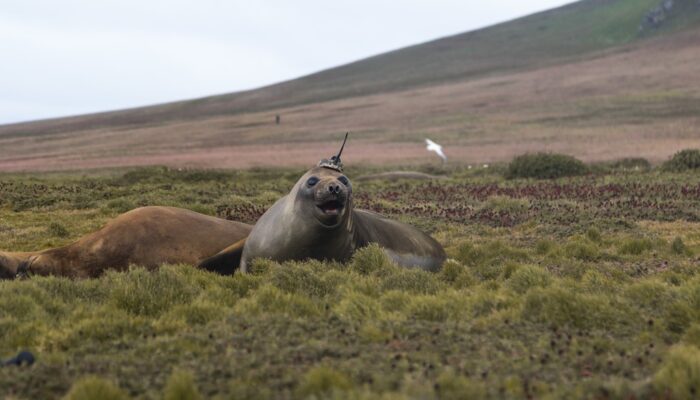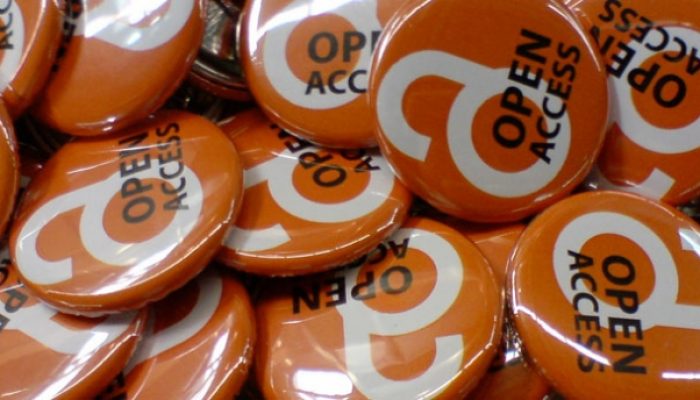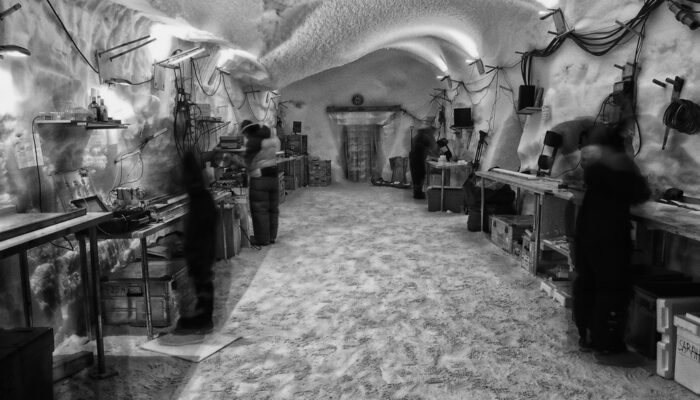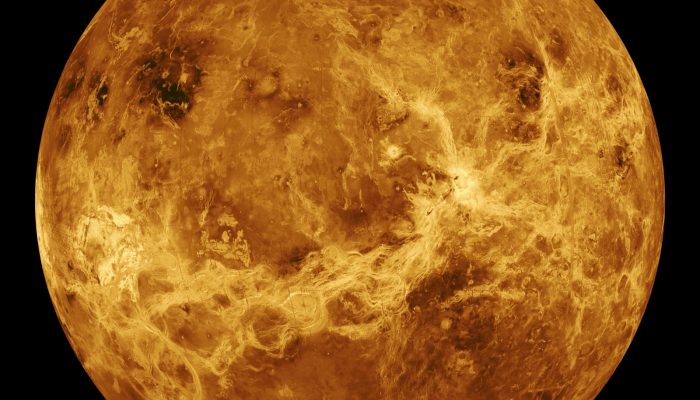In the Southern Ocean and North Pacific lives a peculiar type of elephant seal. This group acts like any other marine mammal; they dive deep into the ocean, chow down on fish, and sunbathe on the beach. However, they do all this with scientific instruments attached to their heads. While the seals carry out their usual activities, the devices collect important oceanographic data that help scientist ...[Read More]
Imaggeo on Mondays: Crowned elephant seals do citizen science




